Kourtney Kardashian Barker revealed that she underwent five unsuccessful cycles of in vitro fertilization (IVF) and three retrievals before conceiving her son naturally. Responding to fan inquiries on Instagram, the reality star shared how she persevered after multiple rounds of IVF. “I stopped after a year of trying (five failed IVF cycles, three retrievals),” she explained. “My body relaxed, and I believed in God’s plan for my life. Lots of prayers for whatever was meant to be for us. Also, lots of optimizing my health. I know how hard it is to feel like you’re not trying, but believing in God’s plan and saying your prayers is so powerful.”
Kardashian and her husband, Blink-182 drummer Travis Barker, welcomed their first child, Rocky, in November. Both also have children from previous relationships. Kardashian confirmed she became pregnant naturally on Valentine’s Day in 2023, one year after discontinuing IVF treatment.
During season five of The Kardashians, the 45-year-old disclosed that she underwent “urgent fetal surgery” during her pregnancy, which was a “terrifying” experience. She shared that her husband abandoned gigs in the UK and Ireland to return to LA immediately to be by her side. Last September, she expressed her gratitude to the doctors who saved her baby’s life.
The couple announced they were legally married in April 2022 after holding a “practice” wedding following the Grammys, officiated by an Elvis impersonator at 2 am. Kardashian and Barker both have three children from previous relationships.
IVF, or in vitro fertilization, is a potential solution for women facing challenges in getting pregnant. Approximately 2% of US pregnancies result from IVF, according to the Centers for Disease Control and Prevention (CDC). The process involves retrieving a woman’s eggs with a needle from her ovaries and combining them with a man’s sperm in a lab. The fertilized embryo is then transferred into the woman’s uterus, where it may result in a pregnancy. However, success is not guaranteed, and multiple attempts may be necessary. In some instances, fertilized embryos are frozen and stored in tanks containing liquid nitrogen, where they can be preserved for up to a decade, according to experts.






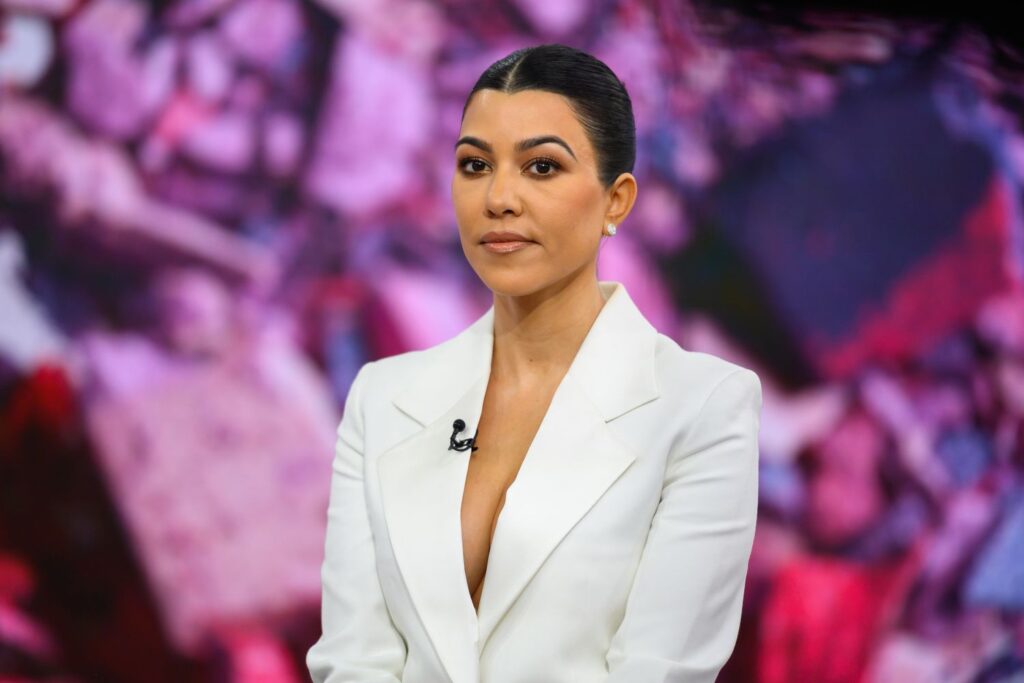
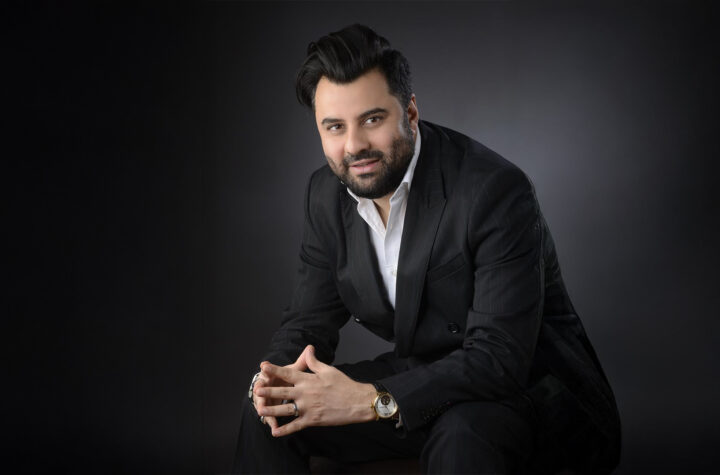
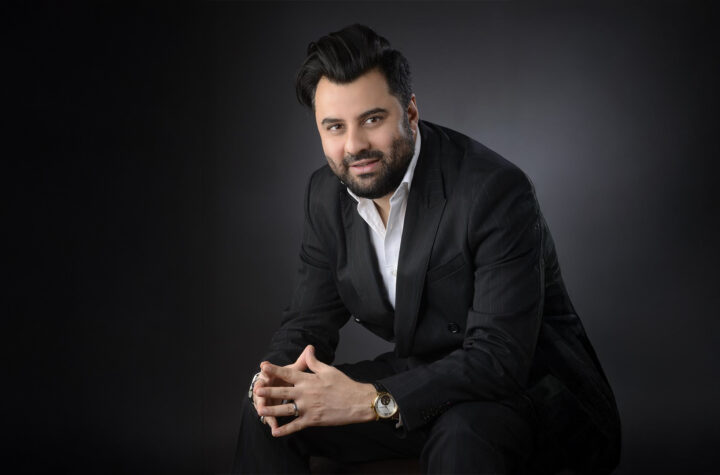
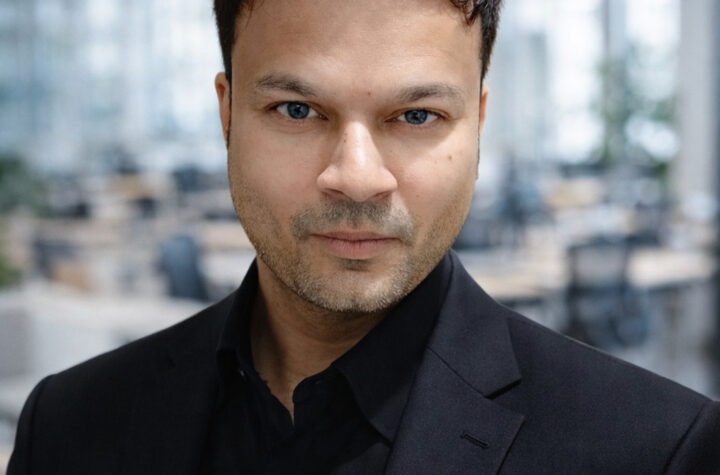
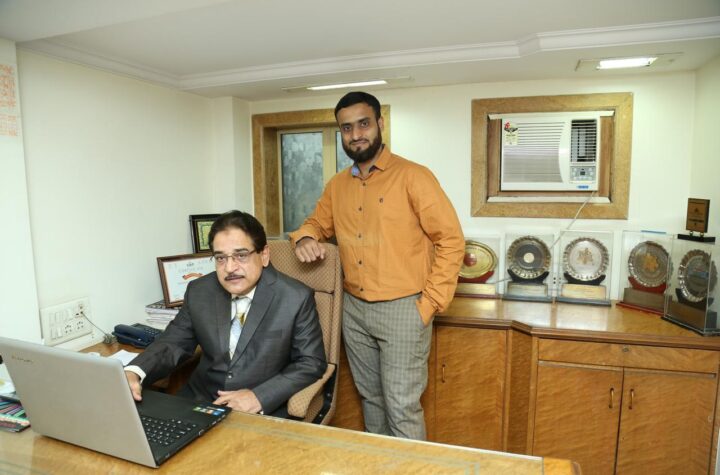
More Stories
Fender Gives £25,000 Mercury Prize Money to Grassroots Venues
Hong Kong’s veteran actor Benz Hui, known as the “King of Supporting Actors,” dies at 76
Ticketmaster, Live Nation Sued Over Ticket Resale Practices